Medicine Buddha natural incense - N°4263
9.00 CHF
Natural Tibetan incense sticks, handcrafted in Nepal, with the scent of Medicine Buddha (a mix of various incenses) and purifying virtues.
- Quantity: 24pcs
- Weight: 80gr
- Size: 20cm
- Origin: Nepal
Out of stock
5 reviews for Medicine Buddha natural incense - N°4263
Only connected customers who have purchased the product can leave a review.
Description
These high-quality medicinal incenses are made according to ancient, traditional Tibetan recipes. Using only 100% natural medicinal plants from the Himalayas.
The plants used to make these incenses are associated with the " Medicine Buddha " (Bhaishajyaguru), who symbolizes healing, luck, joy and prosperity.
Use: Purification, ritual, aid in illness, protection, release of karmic burdens
Instructions for use
- Light your incense stick, and once it's set, blow on the flame to extinguish it.
- Blow a little more to fan the embers so that the stick burns well.
- Plant it in a container filled with sand, or in a suitable holder (since Tibetan sticks don't have a thin end like bamboo rod incense, you'll need an incense holder with a sufficiently large hole).
Precautions
Valid for all types of fumigation (incense, plants, sticks, resins, wood, etc. natural or not)
- Always air the room thoroughly.
- Place your incense out of the reach of children and pets, on a suitable heat-sensitive support and away from anything flammable.
- Never leave incense burning unattended.
- Do not inhale smoke directly.
Frankincense is not recommended for pregnant women and can be dangerous for people with respiratory problems, babies, asthmatics and small animals.



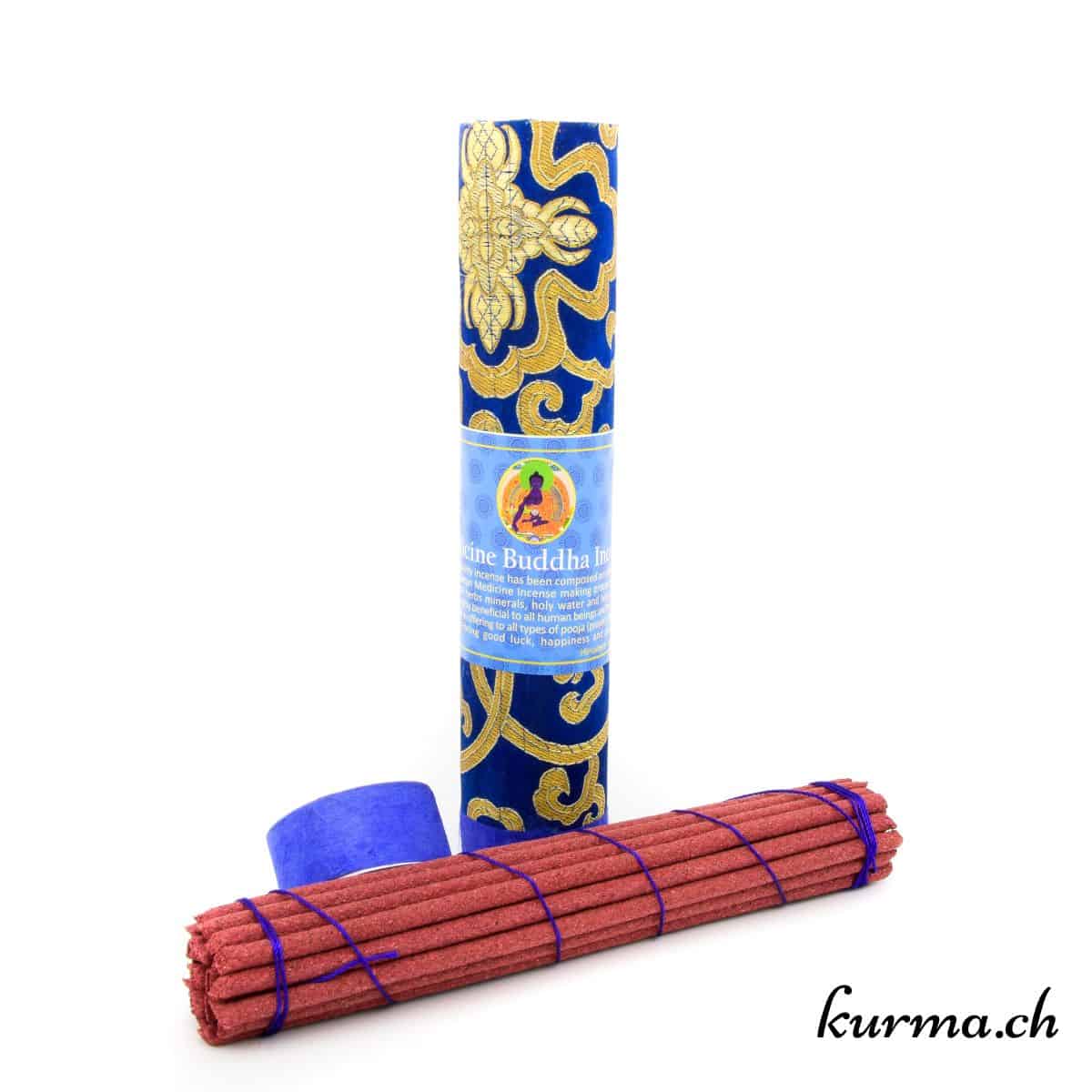
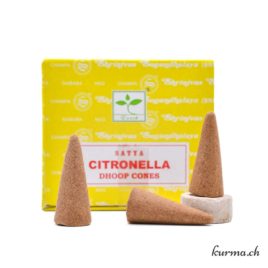
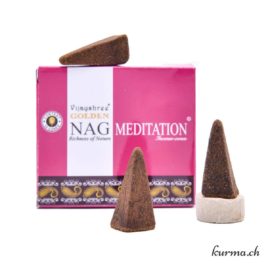
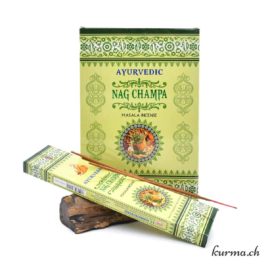
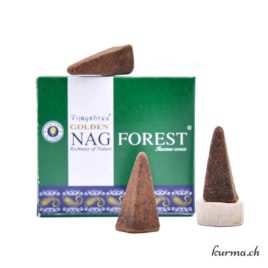
Paola Di Matteo (confirmed customer) -
Very good product
Beautiful boxes
Easy to open and close.
Lina Reuse (confirmed customer) -
Excellent
Anonymous (confirmed customer) -
I like it a lot, exactly as I wanted.
FABIENNE (confirmed customer) -
Pleasant scent
Anonymous (confirmed customer) -